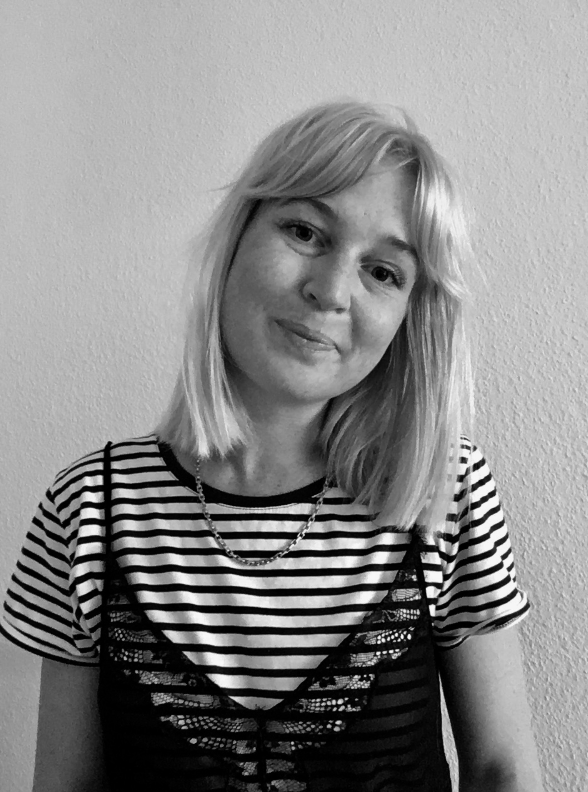Workshop for female entrepreneurs is one of the secrets to getting more - and successful - female entrepreneurs. New guide with 'how to' descriptions and concrete tools is now freely available to everyone.
New guide to getting more female entrepreneurs
Gender distribution is 70/30 in men's favour when looking at who starts their own business. This means that we as a society will miss a great deal of innovation power if the proportion of women entrepreneurs is not increased:
"Women have at least as good ideas as men, and they're not afraid to work hard, so they often get far. Yet women are generally more reluctant to dare to take the plunge and establish their own business," says Thomas Rundqvist of LU Innovation at Lund University, part of the Nordic Entrepreneurship Hubs along with KEA and DTU.
One of the intermediate aims for the NEH has been to get more female students to choose the entrepreneurial path. The NEH has managed to do this by i.a. offering activities only for women and by targeting the way you communicate in the network.
The action that has had the greatest equal treatment effect in the NEH project is the biannual event 'Believe in Your Ideas' originally developed by VentureLab. It is a weekend workshop only for female student entrepreneurs, which Lund University has successfully held once or twice a year since 2005 and which was adopted by the NEH.
The spread of 'Believe in your ideas' to the entire NEH partner circle has been so positive that they wanted to spread the concept to even more women - sharing is caring. Therefore, KEA and VentureLab have jointly prepared an inspiration booklet with 'how to' descriptions, as well as a number of tools and working documents that higher education institutions and all other interested parties can use as a starting point to organise start-up boot camps for female student entrepreneurs only.

Julie Blyitgen, founder of WellHonestPreOwned and a Bachelor in Sustainable Fashion from KEA, was excited about several of the NEH events, not least the one for women only.
"From morning to evening there was a full schedule with presentations from entrepreneurial women who spoke honestly about their ups and downs. There were no glamorous images, which made it easier to relate to. I have a sole proprietorship myself and it was really nice to hear others put into words how difficult it can be and how alone you can feel. Because we were all women, it also made it easier to talk openly about some of the things that only concern women. For example, how women can strategically take into account the biological cycle in relation to important presentations or investor meetings. In this way, mood swings and your emotional life are taken into account, which is quite natural, but rarely a subject in entrepreneurial circles."
About the Author


